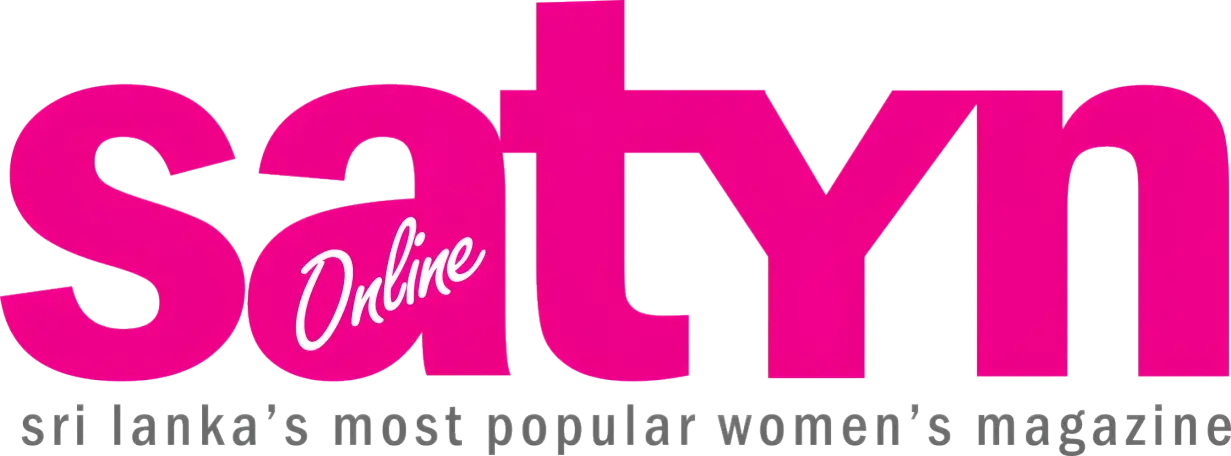In the dynamic world of business, staying ahead of the curve is not just an advantage – it’s a necessity. This is especially true for career-oriented women who are part of the corporate world. One key aspect of this continuous growth and development is skill assessment.
Skill assessment is a powerful tool that helps individuals understand their current abilities, strengths, and areas that need improvement. It provides a clear picture of where they stand in terms of their professional skills. This understanding is crucial in planning the next steps in their career journey and setting themselves up for success.
Welcome to the S-Suite, a special category dedicated to career ladies and corporate women. In this space, we delve into topics that matter to you and provide resources that help you navigate your career path with confidence and clarity. Today, we’re focusing on skill assessment – a critical component of personal and professional development. Let’s explore how evaluating your current skills and identifying areas for improvement can propel you towards your career goals. Stay tuned as we unfold the various tools and resources that can assist you in this journey.
Understanding Skill Assessment
Skill assessment, also known as competency assessment, is a method used to evaluate an individual’s abilities and knowledge in a particular area. It involves a systematic process of testing and evaluation to determine the proficiency level in a specific skill set.
In the context of career development, skill assessment is not just about identifying what you’re good at. It’s about understanding where your strengths lie, recognizing areas where improvement is needed, and aligning these insights with your career goals.
Skill assessment can be done through various methods such as self-assessment, peer reviews, or using professional assessment tools. The results provide a comprehensive view of your current skill set, helping you understand your standing in your professional journey.
In the next section, we will delve deeper into why skill assessment is particularly important in the corporate world, especially for career-oriented women. Stay tuned!
The Need for Skill Assessment in the Corporate World
In the fast-paced corporate world, the landscape of required skills is constantly evolving. New technologies, methodologies, and business practices emerge regularly, making certain skills obsolete while introducing the need for new ones.
For career ladies and corporate women, staying relevant in this ever-changing environment is crucial. Skill assessment plays a pivotal role in this process. It allows you to stay updated with the skills that are in demand in your industry and understand where you stand.
Moreover, skill assessment is not just about professional growth. It’s also about personal development. By identifying your strengths and areas for improvement, you can work towards becoming a more well-rounded individual, both professionally and personally.
Let’s consider a case study. Imagine a project manager in a tech company. With the advent of Agile methodologies, the project management landscape has changed significantly. By conducting a skill assessment, the project manager can identify if she needs to improve her knowledge in Agile methodologies and take appropriate steps to upskill.
Tools for Skill Assessment
Skill assessment can be conducted using a variety of tools, each designed to evaluate different types of skills and competencies. Here are some commonly used tools:
- Self-Assessment Questionnaires: These are introspective tools that require individuals to rate their proficiency in various skills. They are simple to use and can provide quick insights.
- 360-Degree Feedback: This involves receiving feedback from all around – superiors, peers, and subordinates. It provides a holistic view of an individual’s skills.
- Psychometric Tests: These tests are designed to measure various attributes like intelligence, aptitude, personality traits, etc. They can provide deep insights into an individual’s capabilities.
- Job Simulations: These involve performing tasks or activities that are a part of the job role. They can help assess the practical application of skills.
- Online Assessment Platforms: Numerous online platforms provide skill assessment tests that can help you understand your strengths and weaknesses.
Remember, the choice of tool depends on the type of skills you want to assess. It’s important to choose a tool that aligns with your objectives.
Identifying Areas for Improvement
Once you’ve conducted a skill assessment, the next step is to interpret the results and identify areas for improvement. This process is crucial as it helps you understand your skill gaps and areas where you need to focus your learning efforts.
Here are some steps to identify areas for improvement:
- Analyze the Results: Look at your skill assessment results critically. Identify the skills where you scored lower than expected.
- Compare with Industry Standards: Compare your skills with the industry standards or job requirements. This can help you understand if there are any skills you need to work on to stay competitive in your field.
- Seek Feedback: Don’t hesitate to seek feedback from your peers, superiors, or mentors. They can provide valuable insights into areas you might need to improve.
- Identify Trends: Look for trends in your assessment results. If there’s a particular skill where you consistently score low, it might be an area you need to focus on.
Remember, identifying areas for improvement is not a one-time process. As you grow in your career and the industry evolves, the skills you need will change. Regular skill assessment can help you stay updated and identify new areas for improvement.
Resources for Skill Improvement
Once you’ve identified your skill gaps, the next step is to find resources that can help you improve these skills. Fortunately, there are numerous resources available today that cater to a wide range of skills and learning styles. Here are some you might find useful:
- Online Courses: Platforms like Coursera, Udemy, and LinkedIn Learning offer courses on a wide range of topics. These courses are often taught by industry professionals and can help you gain a deep understanding of a particular skill.
- Workshops and Seminars: These are great for hands-on learning and networking. They provide an opportunity to learn from experts and interact with peers who share similar interests.
- Books and eBooks: For those who prefer self-paced learning, books can be a great resource. There are numerous books available that cater to various skill levels and topics.
- Mentorship Programs: Having a mentor can accelerate your learning process. Mentors can provide personalized guidance and share their experiences, helping you avoid common pitfalls.
- Professional Networks: Joining professional networks can provide you with opportunities to learn from your peers and stay updated with the latest trends in your industry.
Remember, the best resource for you depends on your preferred learning style and the specific skill you want to improve. It’s important to choose a resource that aligns with your learning objectives and preferences.
Creating a Personalized Skill Improvement Plan
Now that you’ve identified your skill gaps and found resources to help you improve, the next step is to create a personalized skill improvement plan. This plan will guide your learning journey and help you track your progress. Here’s how you can create one:
- Set Clear Goals: Based on your skill assessment results, set clear and specific learning goals. For example, if you need to improve your project management skills, your goal could be to complete a project management course.
- Choose Your Resources: Decide on the resources you will use to achieve each goal. This could be a mix of online courses, books, mentorship programs, etc.
- Create a Timeline: Set a realistic timeline for achieving each goal. This will keep you motivated and help you track your progress.
- Monitor Your Progress: Regularly review your progress towards each goal. If you’re not making as much progress as you’d like, consider adjusting your plan or seeking additional resources.
- Celebrate Your Achievements: Each time you achieve a goal, take the time to celebrate. This will keep you motivated and make the learning process more enjoyable.
Remember, creating a personalized skill improvement plan is not a one-time task. As you grow in your career, your goals and the skills you need to focus on will change. Regularly updating your plan will ensure that you continue to grow and develop in your career.
Skill assessment is a powerful tool that can propel your career forward. It provides a clear understanding of your current abilities, strengths, and areas that need improvement. For career ladies and corporate women, regular skill assessment is not just a necessity, but a strategic move towards achieving career goals.
In this ever-evolving corporate world, staying updated with the latest skills and trends is crucial. Skill assessment tools and resources can assist you in this journey, helping you stay competitive and relevant in your field.
Remember, the journey of skill improvement is continuous and ever-evolving. As you grow in your career, your skill requirements will change. Regular skill assessment and continuous learning can ensure that you are always at the top of your game.
We hope this article has provided you with valuable insights into skill assessment and its importance in career development. Here’s to your continuous growth and success in your career!





